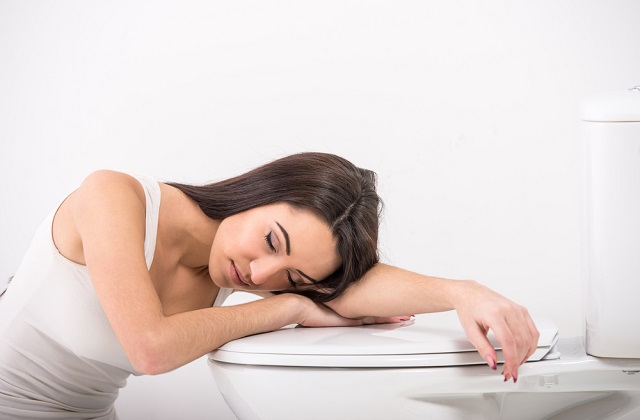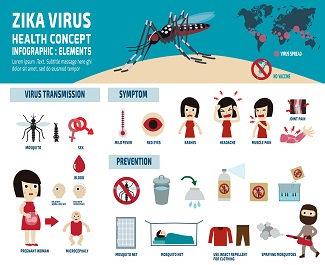Frequent urination is very common during pregnancy. It is irritating for many pregnant women, especially when it causes them to wake up at night.
Causes of Frequent Urination
During pregnancy, there is a considerable increase in blood volume. Hence, this leads to an increase in the amount of fluid that is processed through the kidney which is eventually sent to the bladder. Furthermore, the growing uterus also exerts pressure on the bladder, leading to an urge to urinate.
After the embryo implants itself in your uterus, your body produces a pregnancy hormone called hCG (aka human chorionic gonadotropin), which can cause a higher frequency of urination. This is because the hormonal change causes the blood to flow more quickly through the kidneys, causing the bladder to be filled up more often.
In the first trimester, the hormonal changes and expanding uterus that put extra pressure on the bladder are the common causes of frequent urination in pregnant women.
In the second trimester, pregnant women will urinate less often. This is because the uterus rises higher in the abdomen which reduces the pressure on the bladder.
As the pregnant woman progresses into the third trimester, the frequency of urination is high again. This is because the baby drops down to the pelvic area in preparation for birth delivery.
Solution to Frequent Urination
Avoid diuretics
Diuretics are substances that causes increased passing of urine. Coffee, tea or carbonated drink such as soda are diuretics. Avoid them during pregnancy especially before you go to bed.
Reduce the amount of fluid intake before bedtime
Reduce the amount of fluid intake a few hours before going to bed. This may help to avoid nighttime urination. However, you should ensure that you have taken enough fluids during the day. As a general guideline, you should consume eight glasses of water.
Wear A Pad
Wear a sanitary pad especially if you have a cough or sneeze.
Both the pressure of your uterus on your bladder and weak pelvic floor muscles may cause you to leak urine when you cough, laugh or sneeze. Lifting heavy objects, or doing certain types of exercise like jogging may also cause you to leak urine. This is called stress urinary incontinence and is most likely to happen in your third trimester.
You may be able to prevent it somewhat by not letting your bladder get too full. Also, refrain from ignoring the urge to pee and wear urinary incontinence pads if needed.
Lean forward when you urinate
Lean forward when you urinate so that you can empty your bladder completely to delay the next urination.
Do not go thirsty in order to reduce the number of urination trips. You still need to drink water to maintain the health of your body and the baby. Do not hold back the urination as holding it may make you vulnerable to urinary tract infection.
Reminder: Do consult your doctor if you feel pain or a burning sensation when you pee. This can be a sign of urinary tract infection or bladder infection.
Subscribe to receive newsletter on pregnancy and parenting in Singapore.


